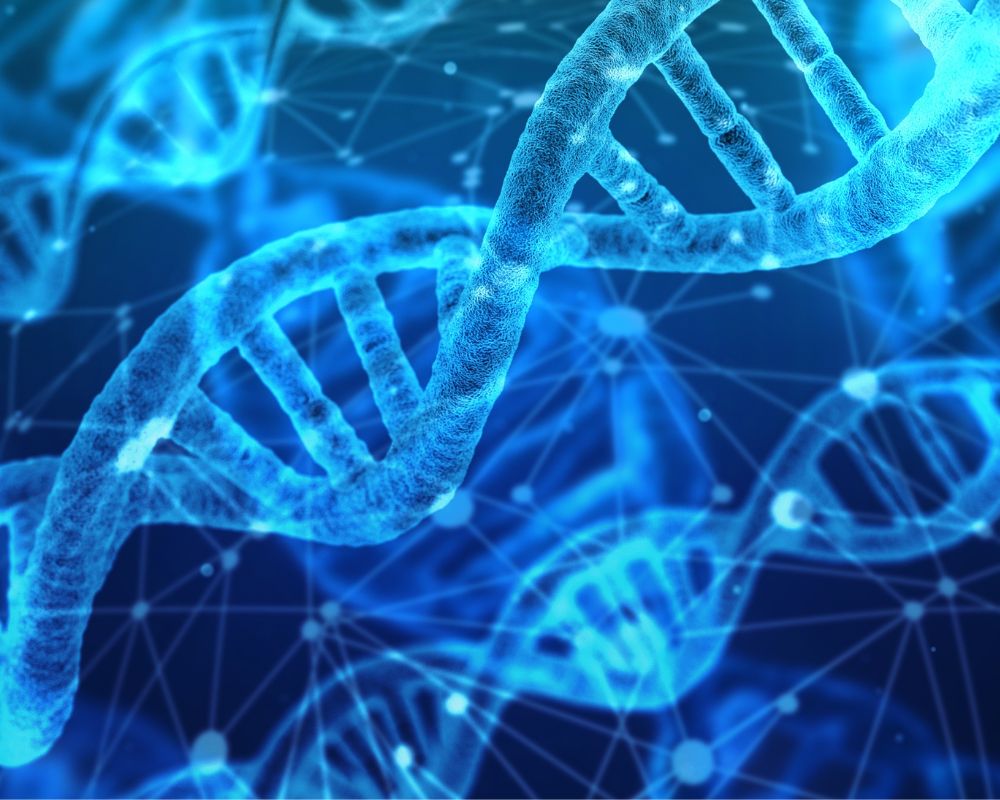Introduction
Hello everyone! Like many of you, I’ve always been fascinated by the quest for a long, healthy life. Recently, I’ve delved into the world of epigenetics, a field of science that explores how our behaviors and environment can directly influence the way our genes work. The role of Epigenetics in longevity has completely transformed my understanding of health and aging. In this article, I’ll share what I’ve learned about how epigenetics influences our lifespan and how we might use this knowledge to enhance our health.
What is Epigenetics?
Epigenetics is the study of biological mechanisms that will switch genes on and off. What’s fascinating is that these changes can occur without altering the underlying DNA sequence. This means that certain behaviors and environmental factors can change the way our body reads a DNA sequence. To put it simply, while we cannot change the genes we were born with, epigenetics shows us that we can influence how those genes are expressed.
Epigenetics and Aging
One of the most exciting aspects of epigenetics is its potential to explain how and why we age. The epigenetic changes in our cells can lead to aging and age-related diseases. As we grow older, our body’s epigenetic state—especially how genes are turned on and off—can be influenced by lifestyle choices and environmental exposures.
DNA Methylation
DNA methylation is a common epigenetic signaling tool that cells use to lock genes in the “off” position. Interestingly, studies have shown that changes in the patterns of DNA methylation can be predictive of lifespan. More so, these patterns can be altered by dietary choices, which gives us an actionable way to impact our own aging process.
How Lifestyle Impacts Epigenetics
My exploration into epigenetics has led me to understand that we can potentially extend our lifespan and improve our health through specific lifestyle choices. Here are some key areas where lifestyle can impact epigenetics:
Diet
The link between diet and epigenetics is profound. Foods rich in certain compounds like folate, betaine, and Vitamin B12 can lead to changes in DNA methylation. This doesn’t just affect health and disease; it also influences the aging process.
Personal Adjustment: Incorporating more leafy greens, fruits, and whole grains, which are rich in these nutrients, has become a priority in my diet.
Exercise
Physical activity can also modify the epigenetic marks on our DNA, particularly those related to genes involved in fat metabolism and insulin sensitivity. This can influence healthspan and potentially lifespan as well.
Personal Adjustment: I have made regular exercise—a mix of aerobic and resistance training—a non-negotiable part of my weekly routine.
Stress Management
Chronic stress can lead to detrimental epigenetic changes. Activities that reduce stress, such as meditation, yoga, and mindfulness, not only improve our mental health but could also delay the aging process by influencing epigenetic factors.
Personal Adjustment: Daily meditation has helped me manage stress and, potentially, its epigenetic impact on my aging.
The Potential of Epigenetic Therapy
As my interest in epigenetics grew, so did my curiosity about its therapeutic potential. Epigenetic therapy, which involves modifying epigenetic marks to treat diseases, is emerging as a promising field. In the context of aging, this could mean developing treatments that specifically target the epigenetic contributors to age-related diseases, potentially extending not only lifespan but also the quality of life in later years.
Challenges and Ethical Considerations
While the potential of epigenetics is enormous, there are challenges and ethical concerns. For example, while modifying epigenetic marks might treat or prevent disease, the long-term effects are not yet well understood. There is also the question of accessibility and fairness in who gets access to these potentially life-extending treatments.
Conclusion
The field of epigenetics has opened a new frontier in understanding longevity. It has taught me that our daily choices can influence our genetic destiny, which is an empowering realization. We’re not just passive observers of our genetics. We can actively engage with our environment and lifestyle to promote healthy aging.
As we continue to unravel the complex interactions between our genes, our environment, and our lifestyles, I remain hopeful and excited about the future possibilities. Perhaps one day, we will fully unlock the secrets of longevity and have the tools to live longer, healthier lives. I’m committed to making choices that help me live well and hope that they are enhancing my epigenetics in a positive way. Here’s to a long, healthy life!

